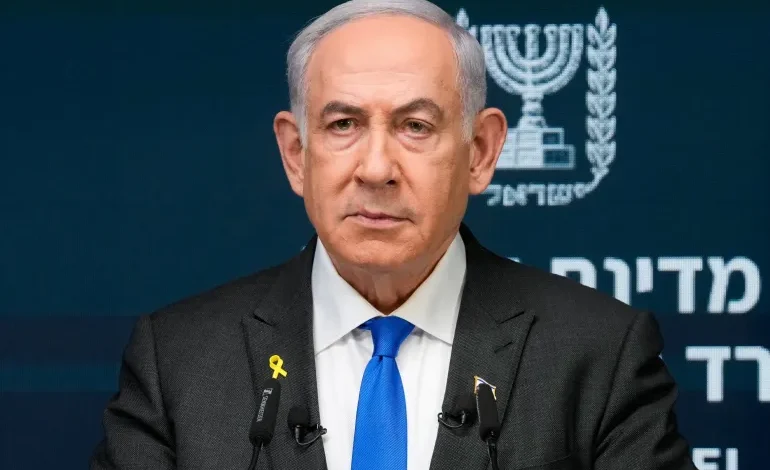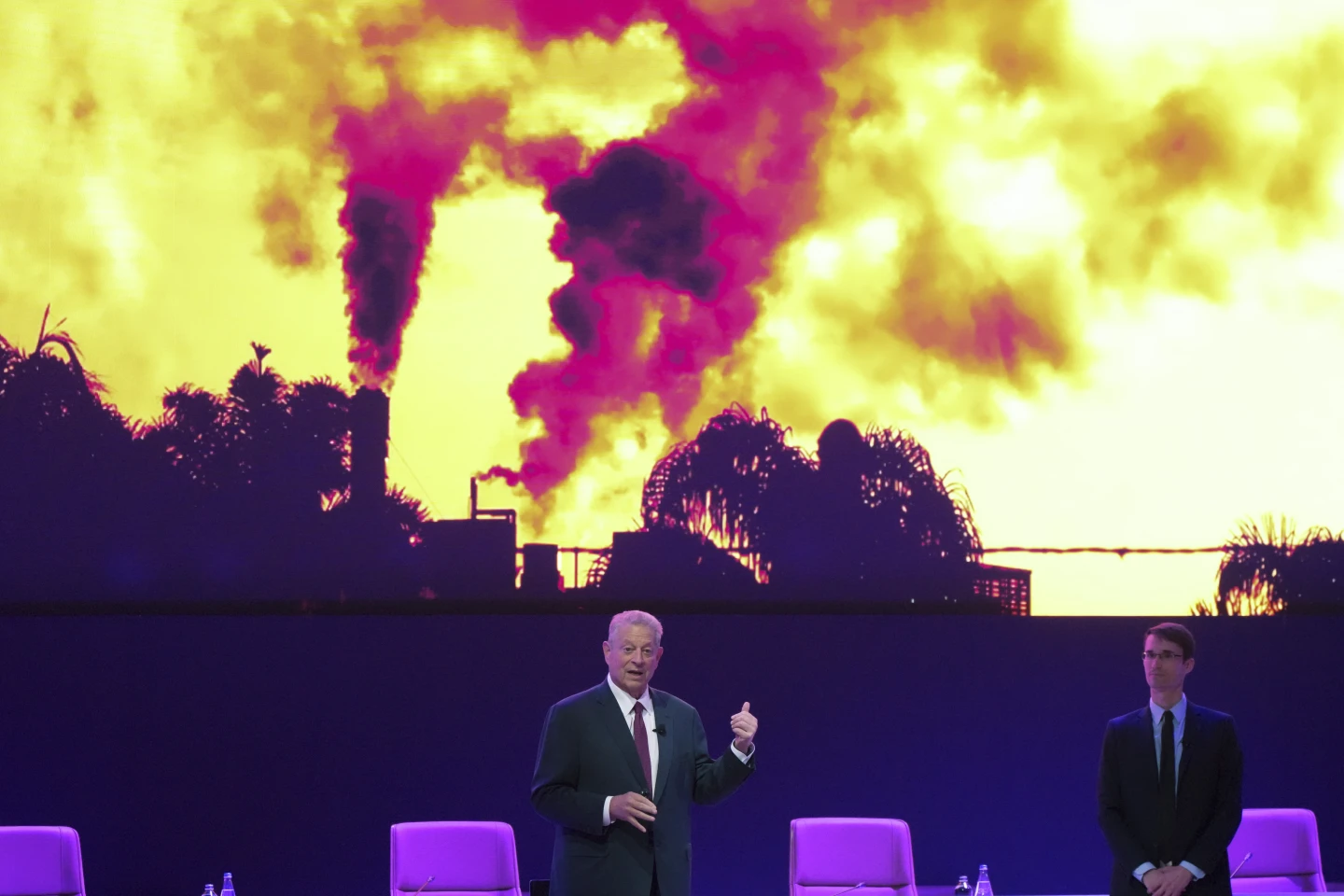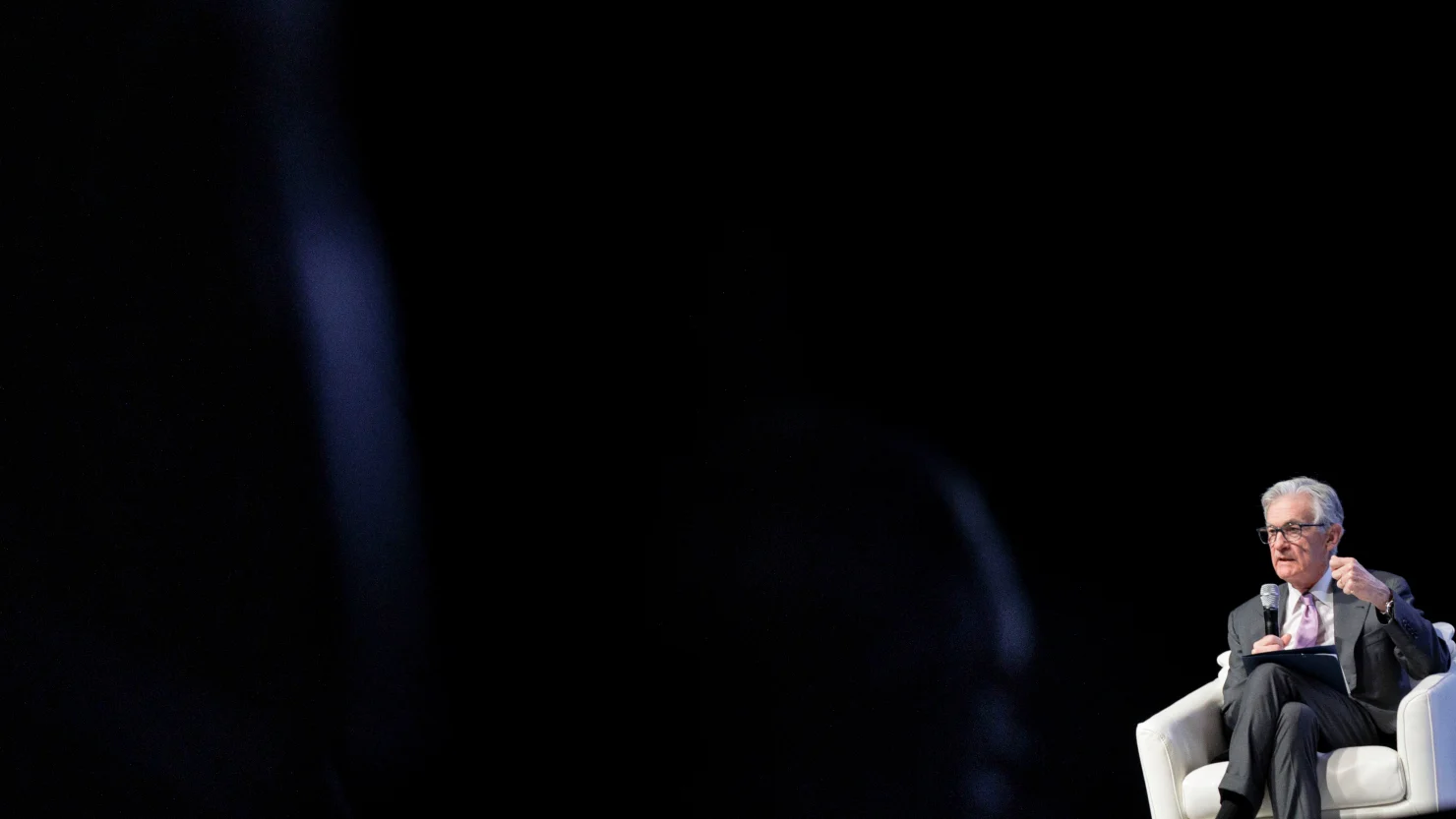Netanyahu Insists on Israeli Control of Philadelphi Corridor as Ceasefire Talks Continue

Israeli Prime Minister Benjamin Netanyahu has stated unequivocally that maintaining Israeli control of the Philadelphi Corridor is a necessary condition for any potential cease-fire agreement with Hamas.
This insistence comes amid mounting domestic and international pressure to end the conflict and address the issue of Israeli hostages in Gaza.
Netanyahu has recently faced intense scrutiny following the discovery of the bodies of six hostages, including American-Israeli Hersh Goldberg-Polin. The Israeli leader’s refusal to compromise on the corridor has become a major stumbling block in ceasefire talks, even as protests and calls for a quick resolution grow within Israel.
Israel contests the Philadelphi Corridor, a narrow strip along Gaza’s border with Egypt that serves as a strategic point for preventing arms smuggling into Gaza. However, both Egypt and Hamas deny the allegations. Hamas has also rejected any Israeli presence in the area, claiming that it violates Palestinian sovereignty.
Netanyahu has described the corridor as critical to preventing Hamas from resuming its operations. “This is the oxygen of Hamas,” he declared, emphasizing his unwavering commitment to securing the release of hostages. Despite mounting domestic protests and criticism from US President Joe Biden, who expressed dissatisfaction with the pace of negotiations, Netanyahu has stood firm in his demands.
The United States has indicated that it plans to present a final proposal to both sides this week. President Biden has expressed frustration with Netanyahu’s approach, suggesting that a resolution is possible if both parties can agree on the terms.
Meanwhile, Hamas has accused Israel of complicating negotiations by introducing new demands, including control of the Philadelphi Corridor. The group has stated its willingness to release all hostages and negotiate a broader ceasefire if Israel agrees to a complete withdrawal from Gaza and the release of Palestinian prisoners.
The ongoing conflict, which began with a surprise attack by Hamas on October 7, 2023, has resulted in significant losses for both sides. The humanitarian situation in Gaza remains dire, with over 40,000 Palestinians reported dead and a large portion of the population displaced.
In Israel, calls for a ceasefire have sparked widespread protests and a general strike, the latter of which was halted by a court order. Demonstrators criticized Netanyahu’s handling of the negotiations and demanded immediate action to secure the release of hostages.
Despite these calls for change, Netanyahu’s right-wing support remains strong, and the prime minister’s refusal to compromise on key issues reflects a broader divide in Israeli politics over the future of the conflict.
The New York Post, the Associated Press, and Al Jazeera contributed to this report.








